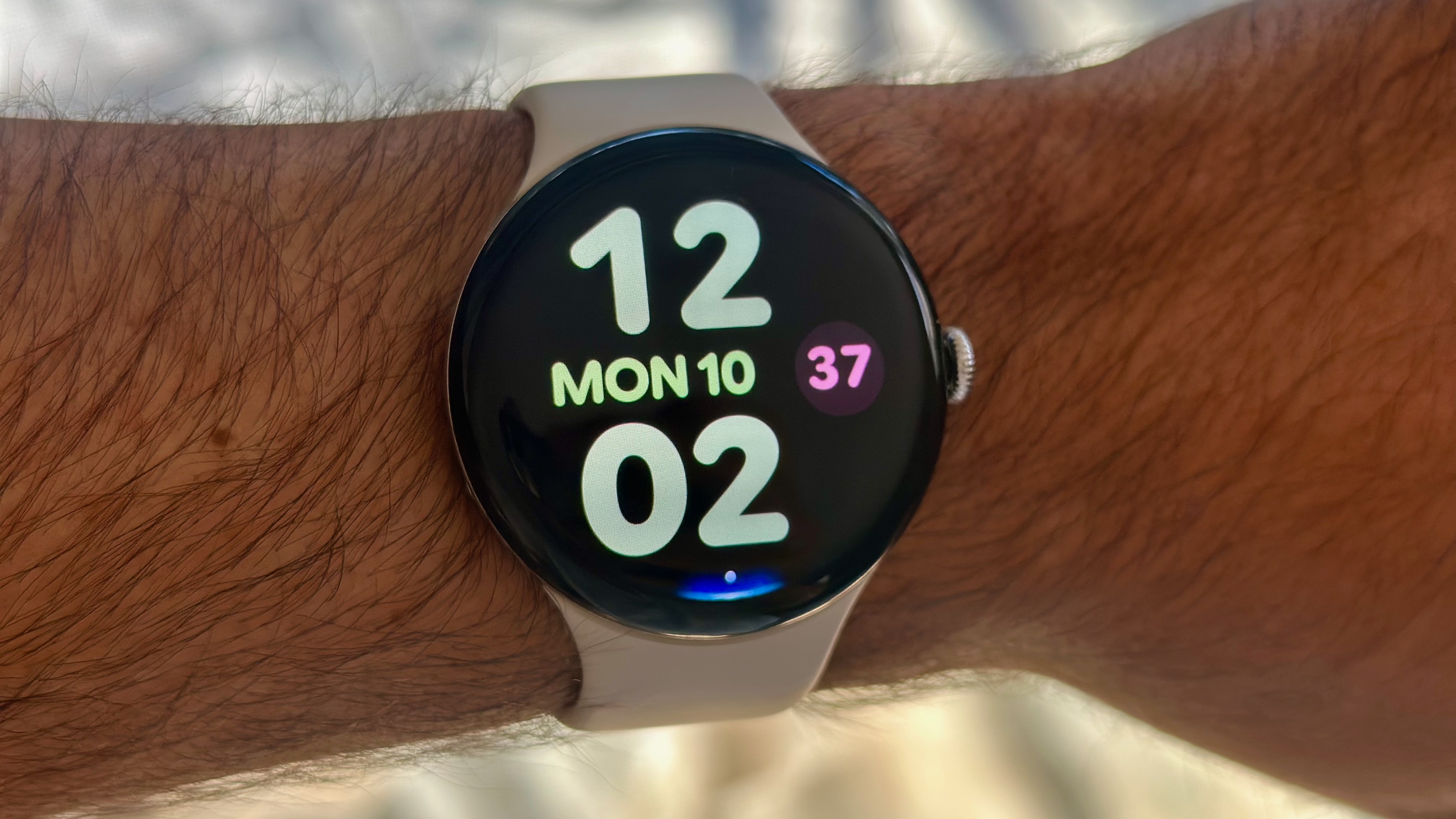LightSquared claims government testing 'rigged' by GPS industry insiders

This is getting interesting. After the recent news that federal testing determined LightSquared's LTE network plans would never work without interfering with GPS (and a cease to any further testing) LightSquared has come back with guns blazing. In a statement, the company has accused the GPS industry of rigging the results by using antiquated equipment, shrouding the entire process in secrecy, and using unrealistic parameters for failure. Jeff Carlisle, LightSquared’s Executive Vice President of regulatory affairs and public policy, Geoff Stearn, LightSquared’s Vice President for spectrum development, and Edmond Thomas, former chief engineer at the FCC held a press conference and had the following to say:
Testing was shrouded in secrecy, no transparency. The GPS manufacturers cherry-picked the devices in secret without any independent oversight authority in place or input from LightSquared. The GPS manufacturers and the government end users put non-disclosure agreements in place for the PNT EXCOM’s tests, preventing any input by an independent authority or from LightSquared before the tests began. This secrecy made it impossible for independent experts to properly oversee or challenge the process and results, thereby leaving taxpayers who paid for the testing no option but to take the PNT EXCOM’s word for it.The testing protocol deliberately focused on obsolete and niche market devices that were least able to withstand potential interference. When LightSquared finally obtained a list of the devices tested, after all testing in this first phase of tests had been completed, it was able to determine that the testing included many discontinued or niche market devices with poor filters or no filters. The units tested represent less than one percent of the contemporary universe of GPS devices. In fact, the only mass market device alleged to “fail” during this round of testing performed flawlessly during the Technical Working Group testing, which used best practice protocols agreed to by all parties, thus raising doubts about the integrity of PNT EXCOM’s process.The testing standard does not reflect reality. To guarantee favorable results, the PNT EXCOM selected an extremely conservative definition of failure – one dB of interference. Independent experts agree that a one dB threshold can only be detected in laboratory settings and has no impact on GPS positional accuracy or user experience. In fact, GPS devices are designed with the ability to withstand eight dB or more of loss of sensitivity due to man-caused and natural interference. By setting the definition of interference at one dB, the testing was rigged to ensure that most receivers would fail. It should be noted that PNT EXCOM and others have justified the one dB threshold by citing an International Telecommunication Union (ITU) standard. However, that standard explicitly states that it does not apply to general purpose GPS receivers.
They go on to say other great quotables like asking reporters to enquire if it's "fair that taxpayers funded a testing regime they cannot review?" and speaking of violating "conflict of interest" laws. They are serious, and should be. Earlier this month, LightSquared was given just 30 days to get regulatory approval by Sprint, who is a heavy investor and has (had?) plans to use LightSquared's service for their nationwide LTE roll-out. Losing funding from Sprint would be a major financial blow to LightSquared. We're pretty certain Sprint will still be able to roll out their LTE network as planned, but they see an advantage in using LightSquared and would like to see everything resolved as well.
Were the testing procedures rigged? Will LightSquared get another shot with different testing procedures? Will Sprint continue to invest in the company? Join us next week for another episode of the Guiding LightSquared. See the press release after the break.
Former FCC Chief Engineer and LightSquared Question Validity of Test Results Rigged by GPS Industry Insiders
After learning that some devices tested have been out of production for over a decade, the parties call on NTIA to objectively audit testing and apply proposed mitigation standards
RESTON, Va., January 18, 2012 - LightSquared said today that the process used to test GPS devices by Air Force Space Command on behalf of the Space-Based Positioning, Navigation, and Timing Executive Committee (PNT EXCOM) was rigged by manufacturers of GPS receivers and government end users to produce bogus results, and revealed details of the testing to document its accusations.
PNT EXCOM advises and coordinates among U.S. government agencies on GPS matters and is comprised of representatives from those agencies with GPS expertise.
Get the latest news from Android Central, your trusted companion in the world of Android
LightSquared has called on the National Telecommunications and Information Administration (NTIA) to objectively re-evaluate this initial round of testing and also to evaluate mitigation proposals the company has proposed.
Additionally, the company has called on the Federal Communications Commission (FCC) and the NTIA to conduct the second round of tests on high-precision devices at an independent laboratory to ensure objectivity and transparency.
In a call with reporters, Jeff Carlisle, LightSquared’s Executive Vice President, Regulatory Affairs and Public Policy; and Geoff Stearn, LightSquared’s Vice President for Spectrum Development; outlined how GPS industry insiders and government end users manipulated the latest round of tests to generate biased results. Also on the call was Edmond Thomas, former chief engineer at the FCC who explained how fair and accurate testing should be conducted.
- Testing was shrouded in secrecy, no transparency. The GPS manufacturers cherry-picked the devices in secret without any independent oversight authority in place or input from LightSquared. The GPS manufacturers and the government end users put non-disclosure agreements in place for the PNT EXCOM’s tests, preventing any input by an independent authority or from LightSquared before the tests began. This secrecy made it impossible for independent experts to properly oversee or challenge the process and results, thereby leaving taxpayers who paid for the testing no option but to take the PNT EXCOM’s word for it.
- The testing protocol deliberately focused on obsolete and niche market devices that were least able to withstand potential interference. When LightSquared finally obtained a list of the devices tested, after all testing in this first phase of tests had been completed, it was able to determine that the testing included many discontinued or niche market devices with poor filters or no filters. The units tested represent less than one percent of the contemporary universe of GPS devices. In fact, the only mass market device alleged to “fail” during this round of testing performed flawlessly during the Technical Working Group testing, which used best practice protocols agreed to by all parties, thus raising doubts about the integrity of PNT EXCOM’s process.
- The testing standard does not reflect reality. To guarantee favorable results, the PNT EXCOM selected an extremely conservative definition of failure – one dB of interference. Independent experts agree that a one dB threshold can only be detected in laboratory settings and has no impact on GPS positional accuracy or user experience. In fact, GPS devices are designed with the ability to withstand eight dB or more of loss of sensitivity due to man-caused and natural interference. By setting the definition of interference at one dB, the testing was rigged to ensure that most receivers would fail. It should be noted that PNT EXCOM and others have justified the one dB threshold by citing an International Telecommunication Union (ITU) standard. However, that standard explicitly states that it does not apply to general purpose GPS receivers.
GPS and government end users should have opened the process for transparent review, chosen a representative sample of devices that reflect the scope of general purpose GPS receivers in the marketplace today, applied best practice standards to the testing protocol, and – most importantly, the tests should have been conducted by an independent laboratory rather than by the GPS manufacturers themselves, since they had a large incentive to ensure that the tested receivers would not pass the testing.
LightSquared recommends that reporters consider asking PNT EXCOM the following questions to ensure accountability:
- Why did the government choose to ignore LightSquared’s proposed power levels?
- Why did the government choose a power level 32 times greater than the level at which LightSquared will operate?
- Why did the test protocol select the 1dB degradation to noise as the interference standard, since it does not apply to general purpose GPS receivers and GPS units are typically designed with an 8dB level of tolerance?
- Who determined what acceptable interference is for the current round of testing? What is that standard?
- Why was the testing conducted using outdated/discontinued devices rather than a representative sample of what is currently in the market?
- Isn’t it a violation of conflict of interest laws for representatives of GPS manufacturers to sit on the PNT advisory board and play a central role in its consideration of LightSquared when those companies are actively lobbying on the same issue?
- Is it fair that taxpayers funded a testing regime they cannot review?
LightSquared has agreed to meet every technical guideline requested by the Federal Aviation Administration (FAA), FCC and NTIA and will continue to work in collaboration with the federal government to resolve the GPS interference issues. The secretive behavior of the PNT EXCOM indicates a co-opted process. The inappropriate influence of the private sector on their decision-making has been brought to the attention of NASA’s Inspector General in a separate conflict of interest complaint filed by LightSquared.
LightSquared is asking for fair and transparent oversight of the testing process by the FCC and NTIA, much like the agencies provided in the first round of testing that was openly agreed to by all parties. Transparency is the only way taxpayers can be assured that the testing process is not manipulated to benefit one particular set of self interests. LightSquared is confident that a fair process will allow the company to move forward with its plan to deliver wireless broadband to hundreds of millions of consumers.
LightSquared’s mission is to revolutionize the U.S. wireless industry. With the creation of the first-ever, wholesale-only nationwide 4G-LTE network integrated with satellite coverage, LightSquared offers people the speed, value and reliability of universal connectivity, wherever they are in the United States. As a wholesale-only operator, LightSquared will deploy an open 4G wireless broadband network to be used by existing and new service providers to sell their own devices, applications and services – at a competitive cost and without retail competition from LightSquared. The deployment and operation of LightSquared’s network represent more than $14 billion of private investment over the next eight years. For more information about LightSquared, please go to www.LightSquared.com, www.facebook.com/LightSquared andwww.twitter.com/LightSquared.

Jerry is an amateur woodworker and struggling shade tree mechanic. There's nothing he can't take apart, but many things he can't reassemble. You'll find him writing and speaking his loud opinion on Android Central and occasionally on Threads.
